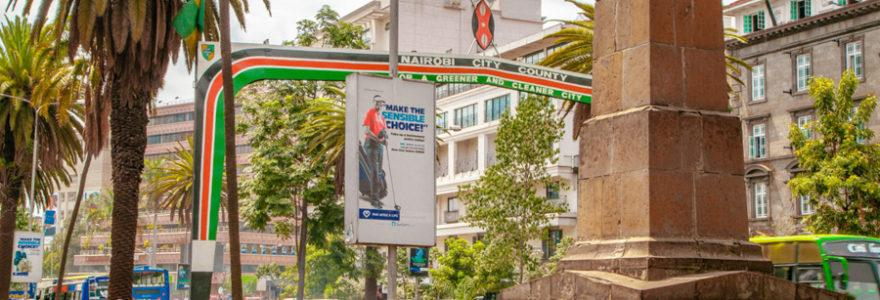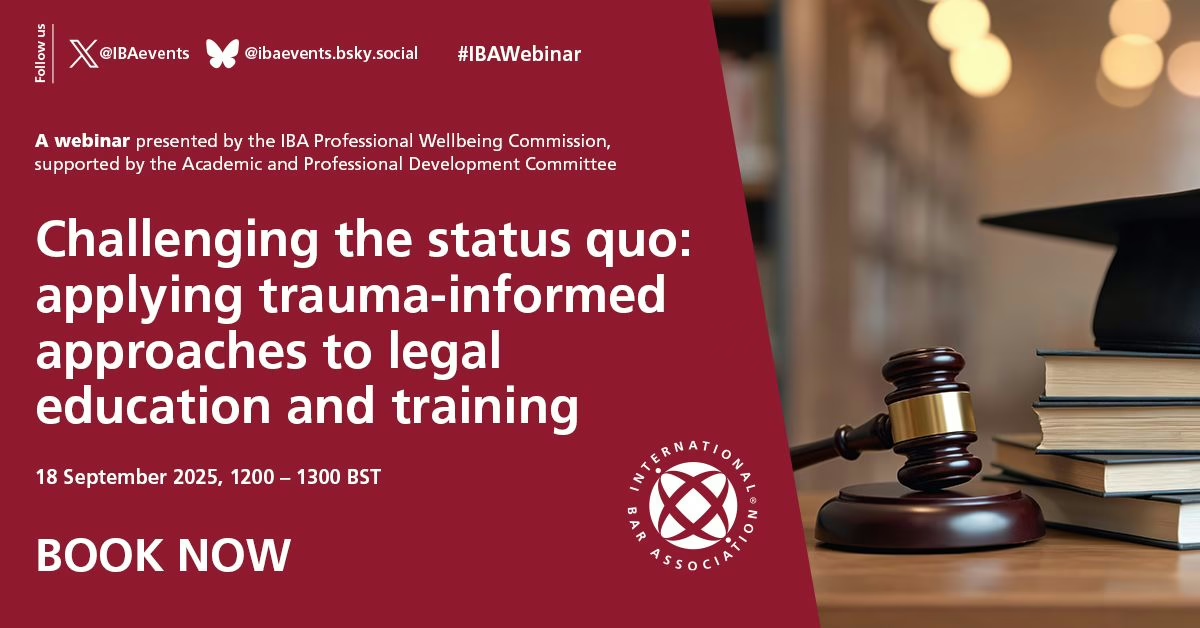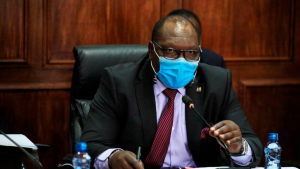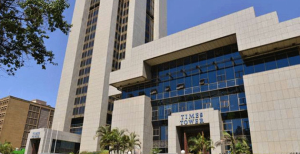Nairobi county/ nairobi.go.ke
NAIROBI, Kenya Mar 9- The Nairobi county government has announced a fire sale of its idle assets, including land, over a defaulted Sh4.4 billion KCB loan.
The push to raise quick cash comes weeks after the High Court cleared KCB Group to seize and auction the county’s assets over the defaulted loan.
City Hall has informed its assembly of plans to sell its idle assets, especially land that in recent years attracted grabbers, to raise the billions of shillings needed to clear the debt.
The county is also in talks to create a special tax for the specific purpose of clearing the Sh4.4 billion debt.
Under the Nairobi City County Medium Term Debt Management Strategy Paper for the financial year ending June 30, 2023, the county seeks to lower the devolved unit’s mounting debts.
“This paper recommends that we conduct an auction for all obsolete and idle assets and furniture and the proceeds realised to be used to reduce the outstanding loan. Also recommends that one source of our revenue, cess collection, go towards repayment of this loan. The county Treasury will come up with modalities of how this can be best implemented,” the document indicates.
In 2013, City Hall was forced to transfer its Mariakani Estate to the Local Authorities Pension Fund to settle a Sh2 billion debt.
The half-century-old estate sits on 10.13 acres in Nairobi’s South B and has 30 blocks of eight flats.
City Hall now seeks a similar deal to offset the KCB debt and avoid the auction of its prized assets.
High Court judge Chacha Mwita last month dismissed the county government’s application challenging the amount awarded by an arbitrator in November 2019 to KCB.
The lender moved to court in 2020 seeking recognition of the award by Phillip Bliss Aliker, an arbitrator who was chosen by both parties. City Hall has, however, continued to default on the loan.
The judge said there was no dispute that the parties agreed to go for arbitration, settled on the sole arbitrator and proceeded before him.
He dismissed the county government’s application to have the award set aside, saying it did not give a good explanation as to why it took the county too long to challenge the award.
The amount published in November 2019 and confirmed in May 2020 includes Sh4.29 billion of the award and costs of Sh6 million.
The loan was initially provided to the defunct Nairobi City Council by Equity Bank. The debt was inherited by Nairobi County following the creation of the devolved governments in 2013.
KCB bought the loan from Equity in September 2014, offering better terms to the county government.
Justice Mwita said the law demands that an arbitral award be recognised as binding and enforced after the court’s approval.
The county government further argued that it was not given an opportunity to be heard regarding the statement of account provided to the arbitrator, thus being condemned unheard.
City Hall runs a budget that is dominated by payment of salaries to its bloated workforce, leaving little for payment of debt and key projects like building roads and hospitals.
Its budget woes have been worsened by the transfer of Nairobi’s key functions and cash to the Nairobi Metropolitan Services (NMS) under Major-General Mohammed Badi.
Evidence presented before the court showed that Equity had lent the defunct Nairobi City Council Sh5 billion in 2011.
The money was aimed at helping pay off statutory debts to allow the city council access the Local Authority Transfer Fund, which represented resources previously provided by the national government before the creation of counties to boost service delivery at the grassroots.
The remittances were made directly to the National Social Security Fund, the Kenya Revenue Authority, the Local Authorities Pension Trust and the Local Authorities Provident Fund.
Equity said in 2014 that City Hall owed it Sh4.75 billion, including an overdraft of Sh1.45 billion.
When KCB took over the loan in September 2014, it gave the county more time to repay the debt by increasing the maturity period to eight years at an interest rate of 13 percent.
Equity was charging a varying annual interest rate of between 18 percent and 24 percent on a reducing balance and the county was required to pay back the money in 60 months.
KCB also offered the county a six-month grace period before it could start servicing the debt.



















